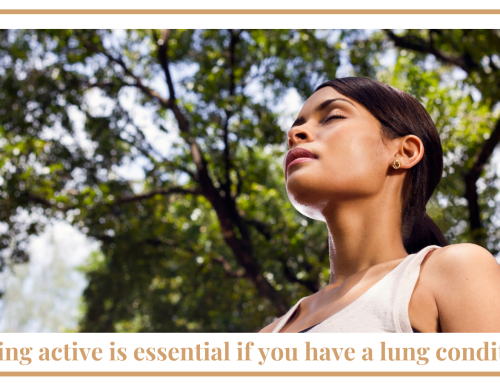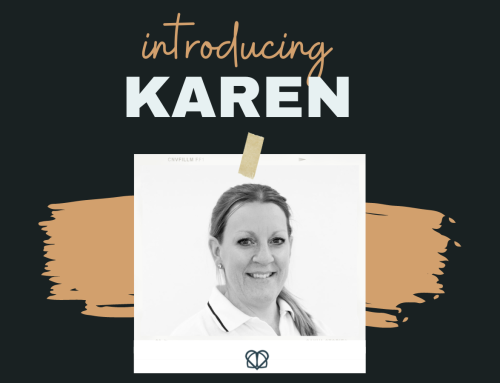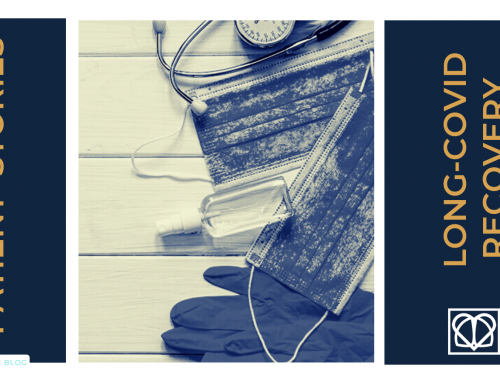 We’re already well into the second month of 2020 so the big question is…. are you sticking to your new year’s resolution to move more?!
We’re already well into the second month of 2020 so the big question is…. are you sticking to your new year’s resolution to move more?!
How’s it all going?
Have you fallen off the wagon?!
Even if you have fallen off the wagon, we’re here to tell you all is not lost!
You really can get yourself back in the fitness game and move more throughout the rest of the year!
It’s complicated…
There may be other reasons you aren’t feeling up to following through on your commitment to move more.
Here at Air Physiotherapy we treat a number of patients in London and the Home Counties who struggle with building an exercise routine into your daily schedule so you can move more. We can help if any of the following apply to you:
You experience a disproportionate shortness of breath when walking or exercising.

Everyone gets a little out of breath when you exercise – it’s only natural, and after all, it wouldn’t be meaningful if we weren’t! During an increase in strenuous activity, you need to breathe more heavily to get more oxygen to the muscles that are working. The heart will also beat faster to pump the oxygenated to your muscles. However, some people feel more short of breath than they should doing simple activities and this can be for a number of reasons which your physiotherapist will be able to help investigate and treat.
You have underlying heart or breathing issues.
These could be anything from blood vessel diseases, such as coronary artery disease; heart rhythm problems (arrhythmias); or congenital heart defects that cause your shortness of breath.
When it comes to the lungs, there are also a range of underlying conditions that can cause shortness of breath such as asthma, bronchiectasis, pneumonia, COPD and interstitial lung disease to name a few.
You may find that you struggle to get enough air and have a tight chest as soon as you exert yourself, which could be caused by any one of these conditions, as well as a breathing pattern disorder or hyperventilation syndrome.
Your mobility has been reduced following a recent illness or hospital stay.

Breathing problems after you’ve had surgery aren’t uncommon, especially if you needed support from a ventilator (breathing machine) and possibly a tracheostomy (insertion of a tube directly into the airway) during your stay. This is because while the ventilator is doing all the hard work breathing for you, your respiratory muscles are doing very little work for themselves and as a result they become weaker. When you’re immobile and spend a prolonged period in bed you’re likely to experience significant muscle weakness throughout your whole body, all of which means you’re going to find it much more difficult to do even the basic everyday tasks you were used to doing before you went into hospital.
You have a long term health condition that results in increased susceptibility to chest infections.
When you have a condition such as cystic fibrosis, you’ll most likely struggle with reduced lung function and be more prone to lung infections. Nebulised treatments and chest physiotherapy are in most cases daily factors of living with CF, and cycles of infections can lead to regular bouts in hospital to recover. But exercise is extremely important as it can help slow the rate of decline in lung function, which is especially important for helping children and adults maintain good lung health for longer.

What’s our advice to help you move more?!
Most importantly, the first piece of advice is: don’t give up!
If you’ve been less enthusiastic over recent weeks than you were at the start of the new year then don’t worry. Consider it just a blip and get back to it!
-
Remember it’s all about pacing yourself – and we’re here to help you learn how to do it right for YOU. We’ll work with you to establish timescales that are realistic for your condition.
-
Start slowly and only gradually introduce new activities that you can build on each week.
-
Maintain a balance between not doing anything at all and doing too much.
-
Rest is important too. Plan to incorporate rest times into your day to allow your body to recover after you’ve been in hospital.
-
Only once you begin to feel less breathlessness on walking and other everyday tasks should you move on to doing more significant forms of exercise.
-
You may notice that exercises using your arms feel more difficult when you start. This is common and in most cases is simply because your arm muscles are near your breathing muscles.
We’ll work with you on all of this. You’re not alone.

Aside from exercise itself, breathing control and tailored breathing exercises can help. The best way to ensure that you’re on the right track, can move more and therefore be more independent, is to get in touch with us here by email or telephone.
We offer both home visits and clinic appointments where we can devise a personalised exercise programme for you that will help you with your breathing.
Between your exercise sessions, we can set up your own programme for you to follow at home via a handy app, which will keep you on track with your goals.
Please do get in touch to find out more!





